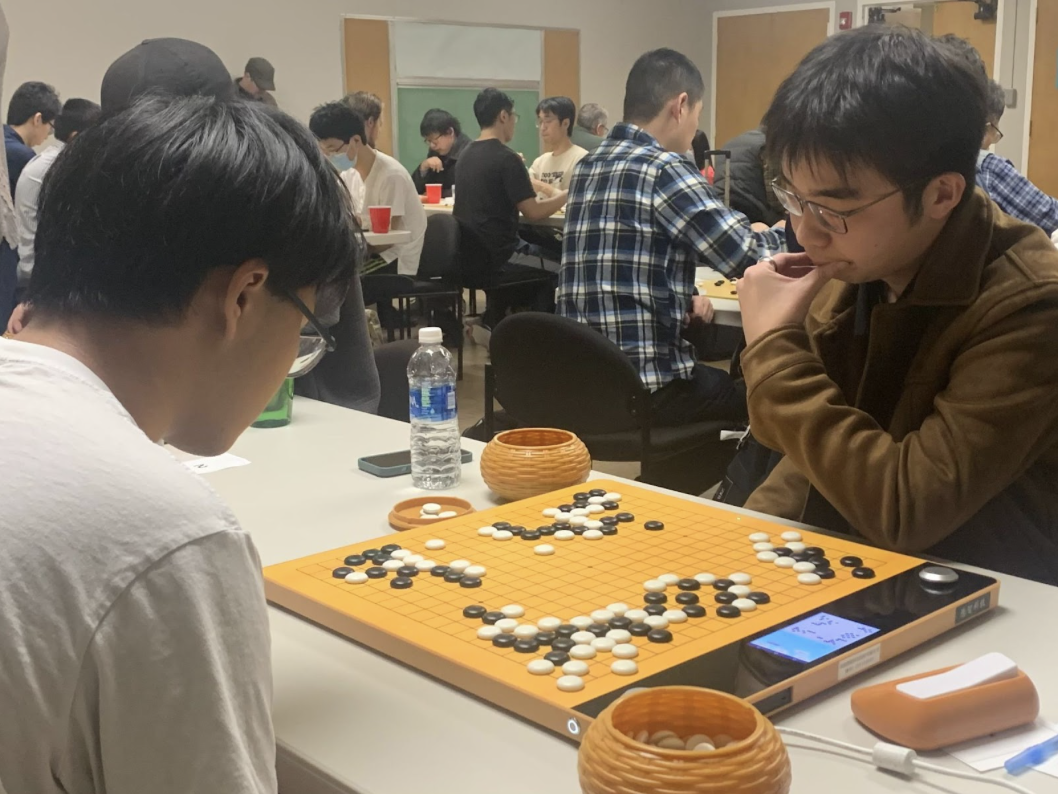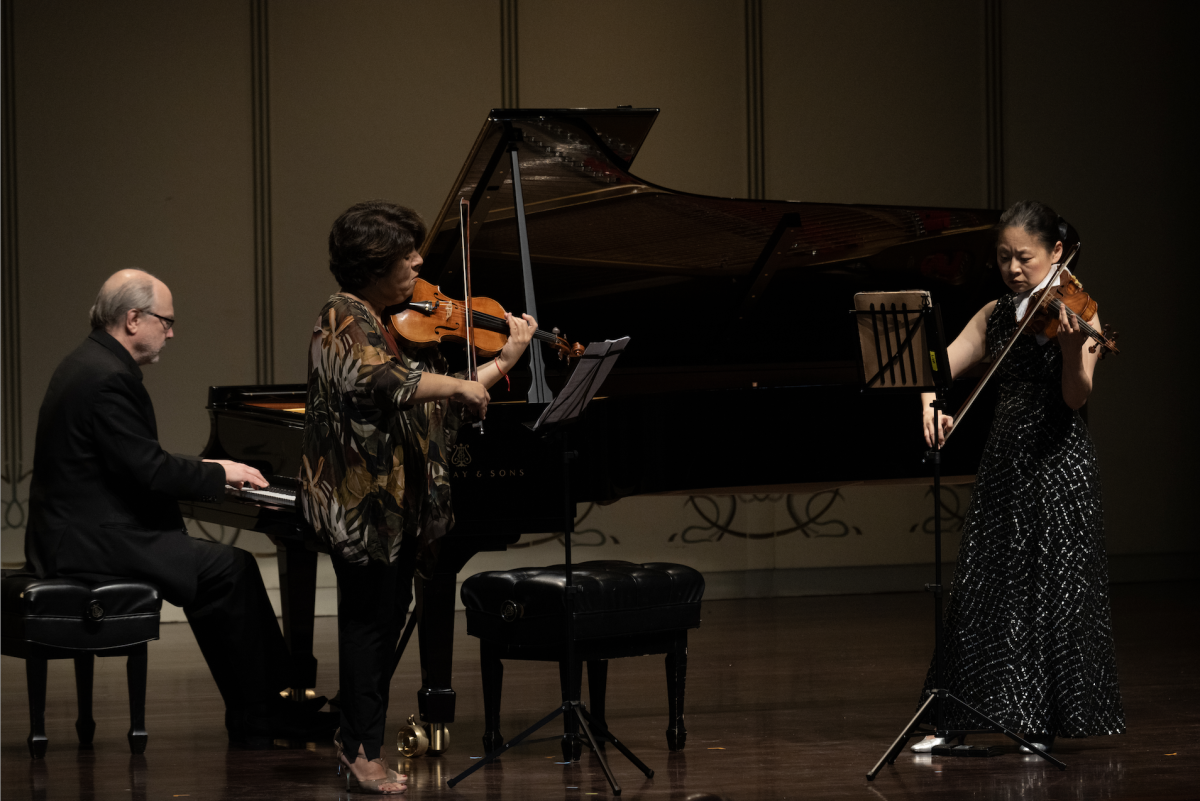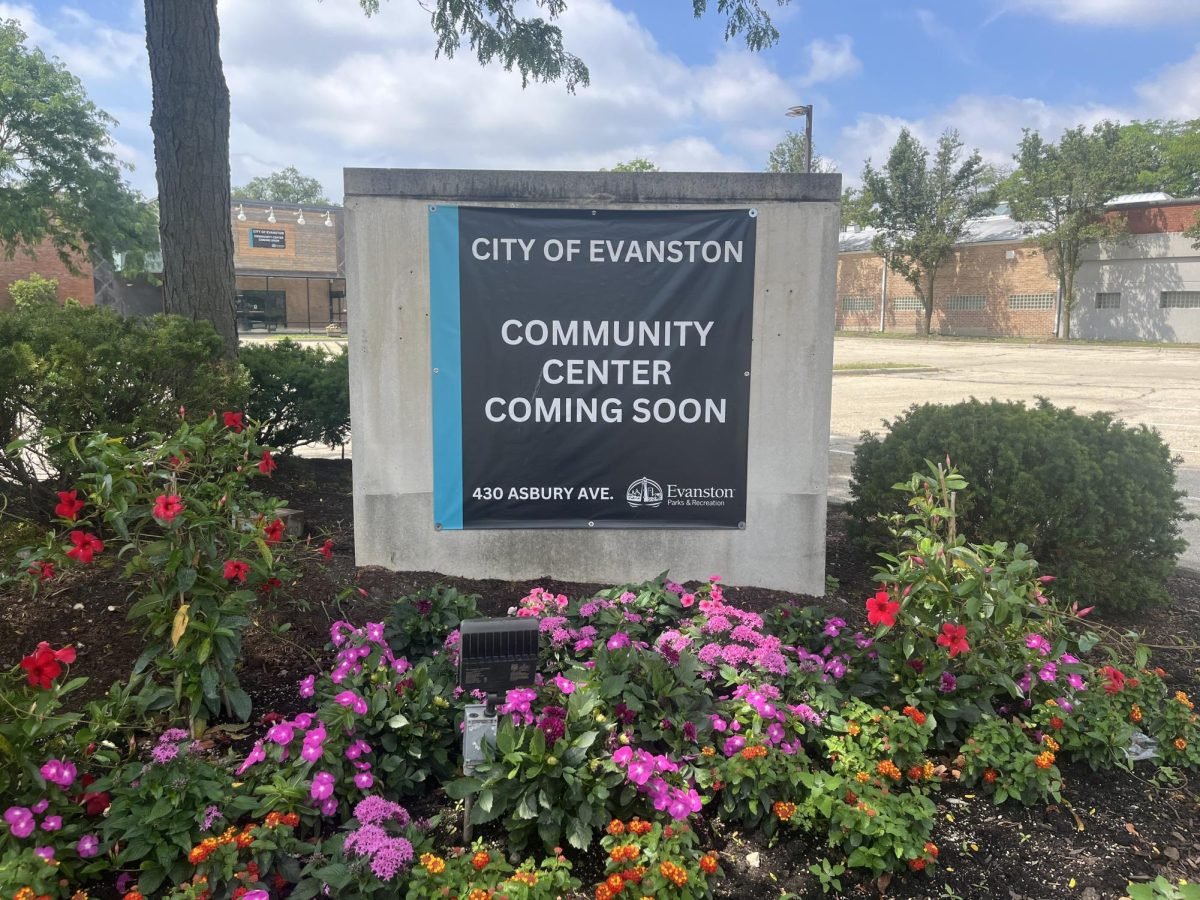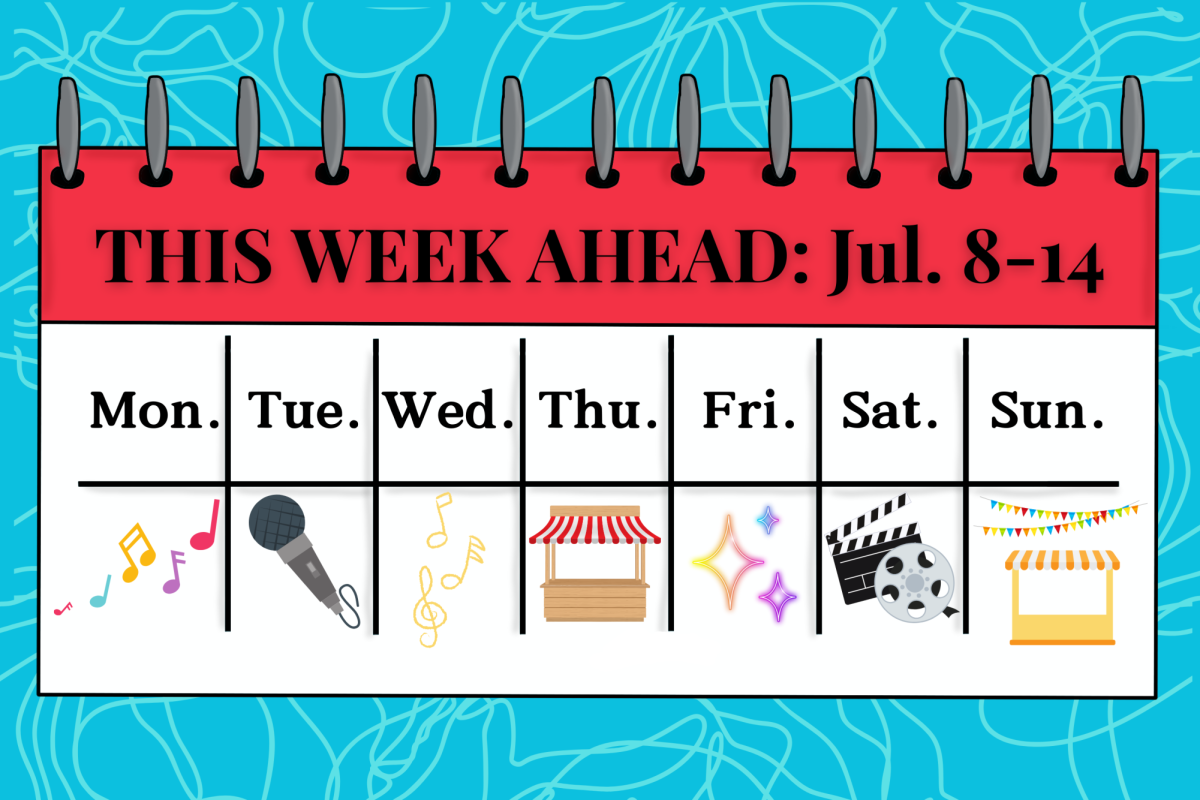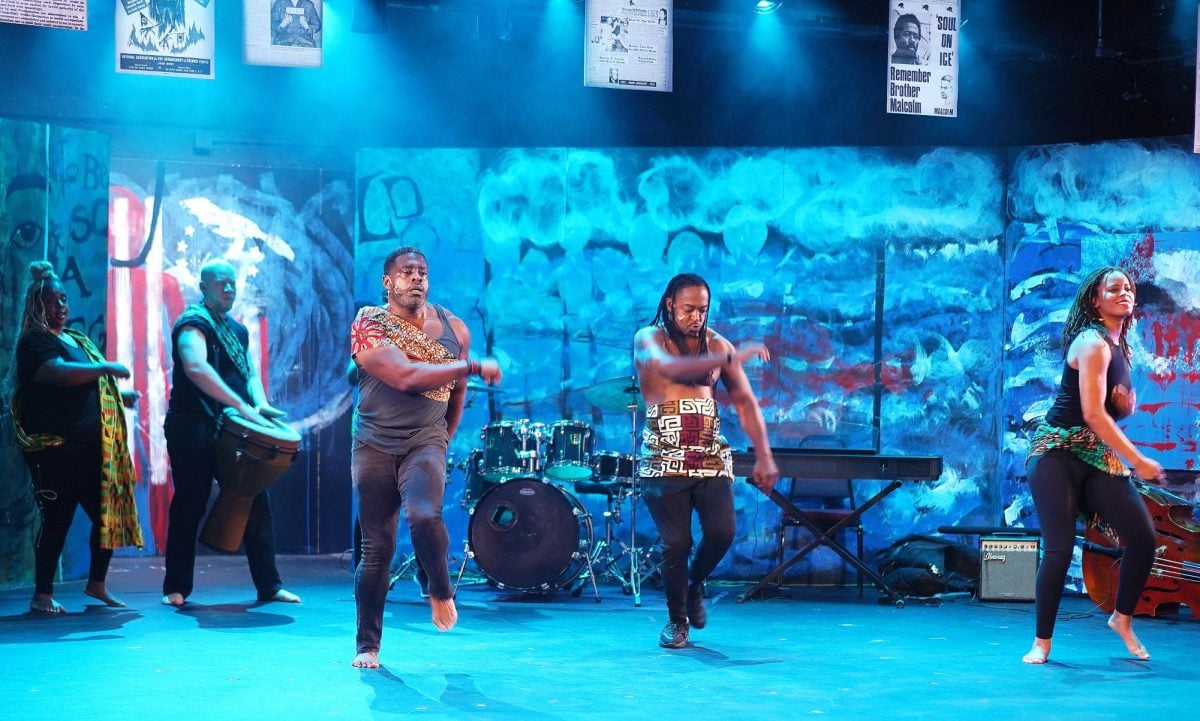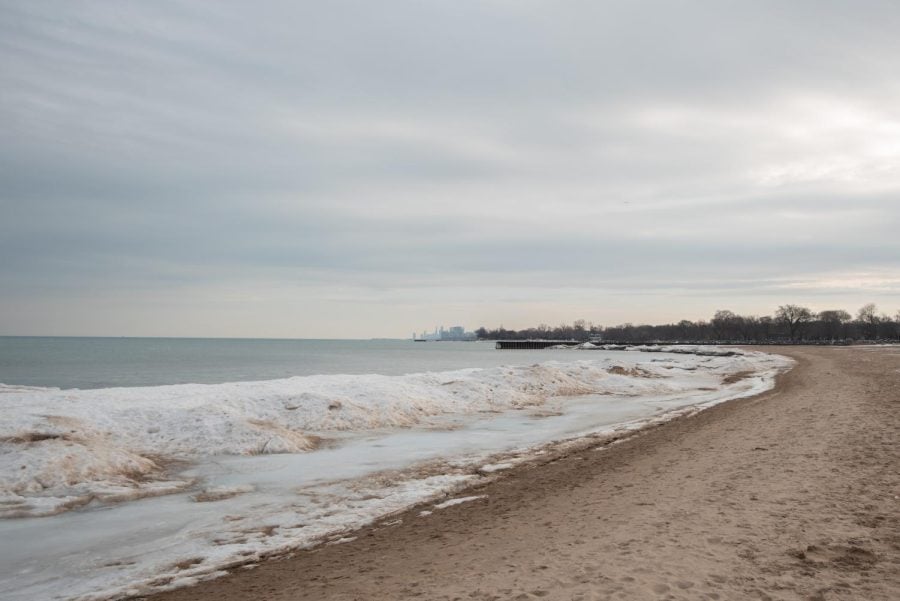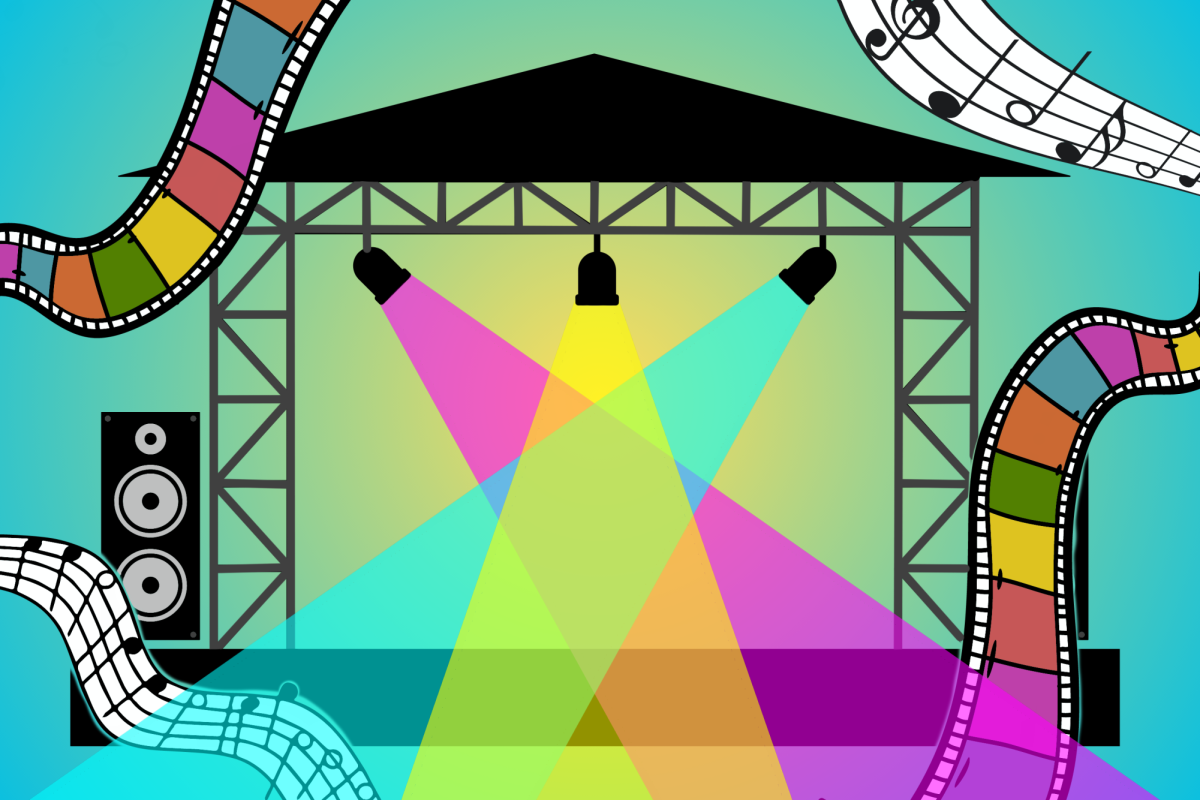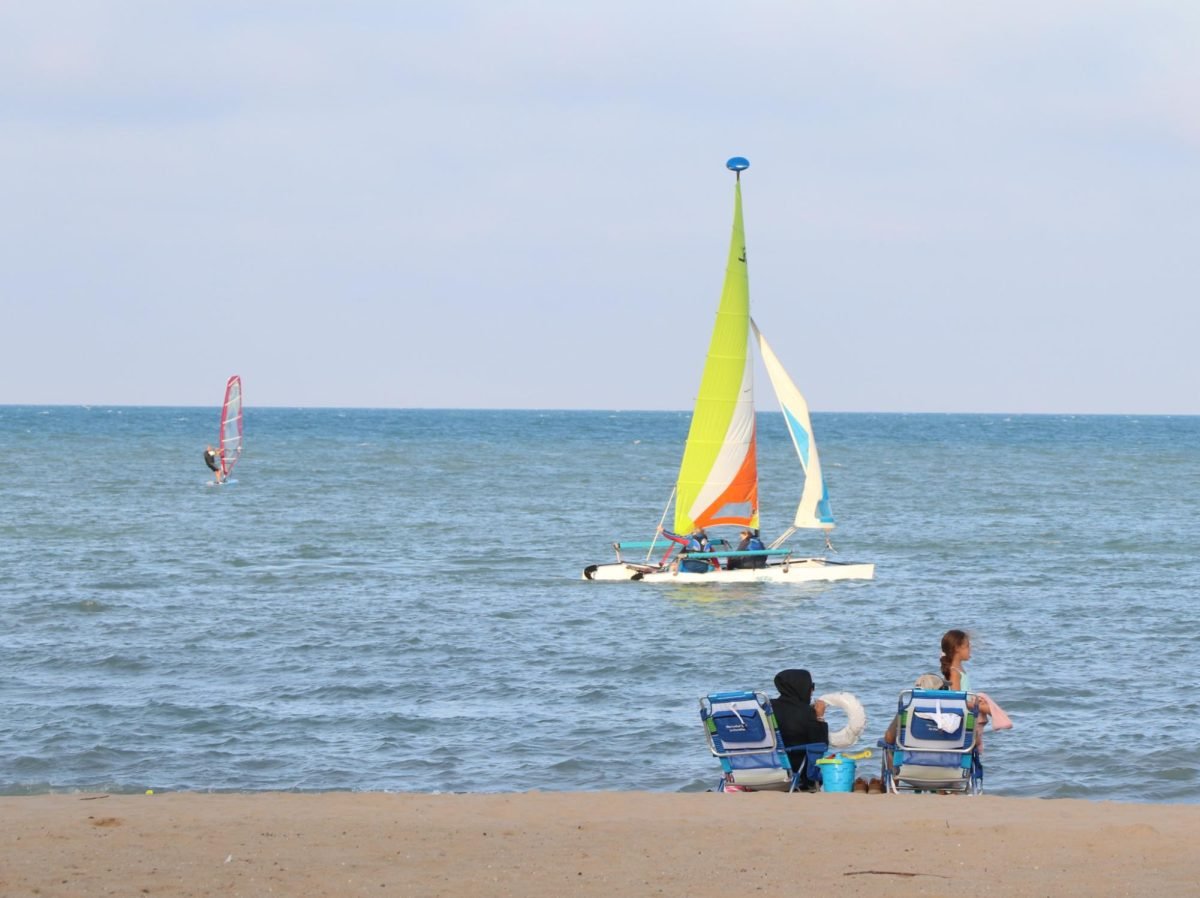Like most Go beginners, Mark Rubenstein’s first few games weren’t pretty.
While living in Rogers Park during the 1970s, Rubenstein first became interested in the Chinese board game when he saw people playing it at a local cafe. Figuring out the rules through trial-and-error and occasional help, Rubenstein and his friends initially struggled to understand the notoriously complex strategy behind the game.
“We had no idea what we were doing,” Rubenstein said, laughing. “But we fumbled our way through, and I enjoyed the process.”
Soon he improved, helping to form the Evanston Go Club and running biannual tournaments. Through this role, he knew he wanted to help other players with their experience picking up the game.
“We’re going to make sure that if people express any interest, then we can show them about the game,” Rubenstein said. “We’re all passionate about this crazy thing.”
This year’s Evanston Go Club’s Chicago Rapid Championship, held Saturday at the Immanuel Lutheran Church of Evanston, drew 123 competitors from over 15 states.
Not only was it a record for the club’s two decades of tournaments — it’s also the second-highest attendance at any Go competition in North America this year.
“I can’t wait for the next one,” competitor Peter Leung, who was one of 54 first-time attendees of the Evanston Go Club tournaments, said. “Being here in Chicago with a bigger club really gets me excited about the game.”
Rubenstein and others credit the growth of the tournament to organizers like Albert Yen, Cheuk To Tsui and Jamie Teng, who all began helping with event planning in early 2022.
Organizers implemented several changes, including transportation coordination, housing assistance, providing catered food from Tealicious Bubble Tea and a more robust pairing system for the game’s complex ranks. These changes helped draw players not just from Chicago, but across the Midwest.
“People like Albert (Yen), people like Mark (Rubenstein), they are the heart of the Go community,” competitor Devin Fraze said.
Fraze is the founder of Baduk Club, an online service which connects over 4,000 players with Go clubs and events in their local areas. According to Tsui, the Evanston tournament organizers have used Baduk Club to help spread the word about tournaments to the relatively small Go community.
While players said they were drawn to the competitive aspects of the tournament — the Evanston Go Club offered a $2,000 prize pool and $800 in sponsor-provided gift certificates — many also said they found the environment welcoming. When a game of Go finishes, both players typically review the game together, analyzing moves and mistakes.
“It’s never a matter of the winner lording it over the loser,” Rubenstein said. “It’s a very respectful, communally moving forward approach.”
The tournament showcased the skills of young players. Xinming Simon Guo, director of the tournament’s youth section and member of the American Go Foundation, has taught the game in Chicago math classrooms for over 10 years.
According to Guo, Go has long been praised for its complexity, and he hopes more teachers will recognize its educational benefit.
Looking ahead to next year’s May tournament, Yen and Rubenstein are unsure how much larger the event can grow. But they’re happy with this year’s results — and the community they’ve helped build along the way.
“In Asia, where Go has been a cultural sport for a really long time, there’s always this phrase called, ‘Meeting friends on the board,’” Yen said. “It’s a very human connection.”
Email: [email protected]
Twitter: @JackVerveris
Related Stories:
— Evanston Games & Cafe powers through the pandemic with community support
— Evanston resident Kate Hunt develop’s children’s board game
— Student board game start-up prepares to launch flagship game











